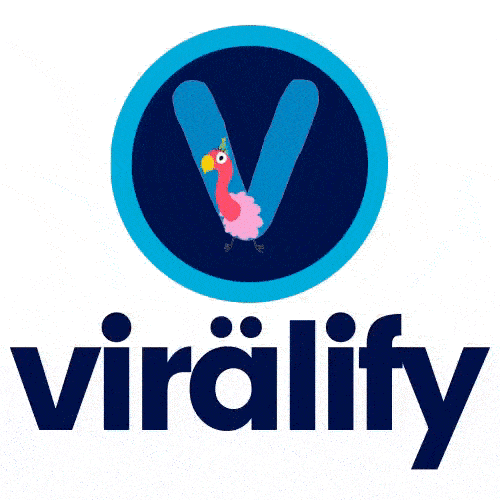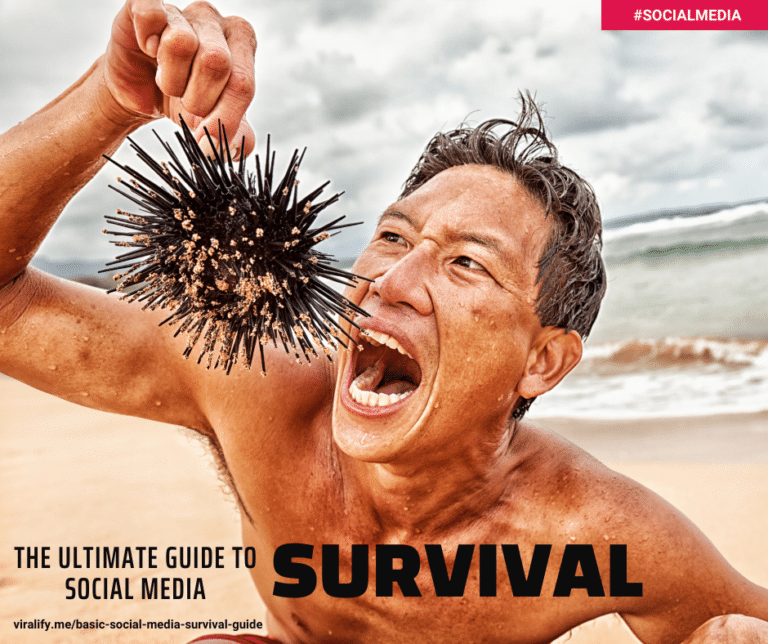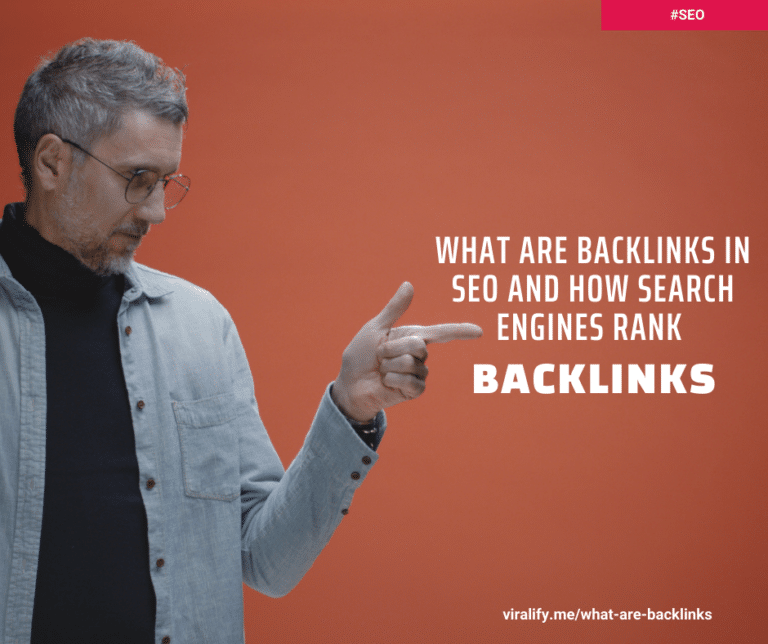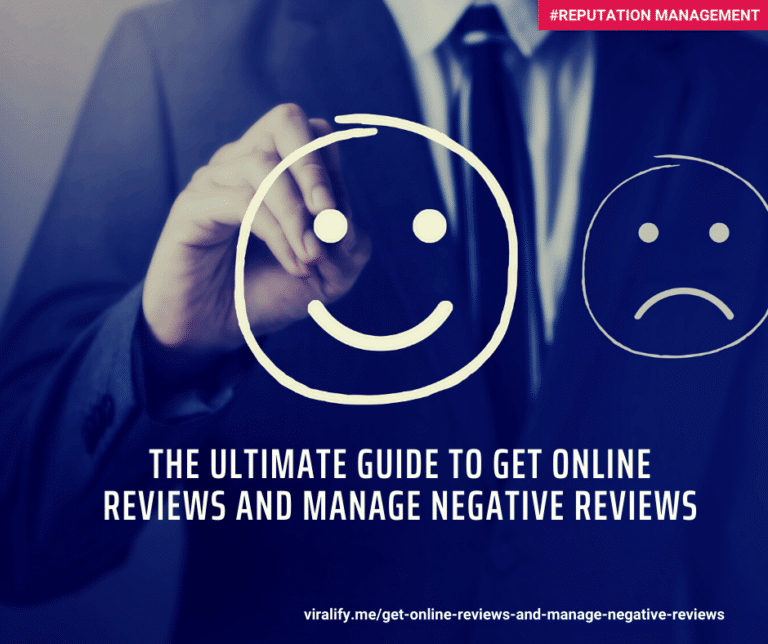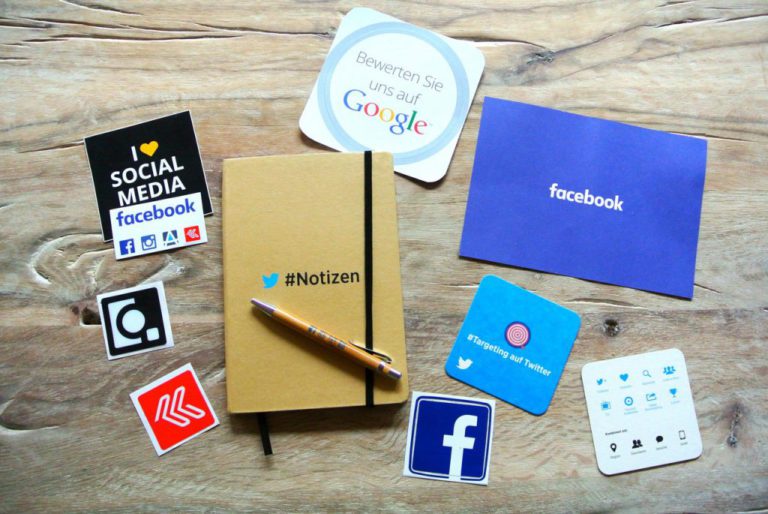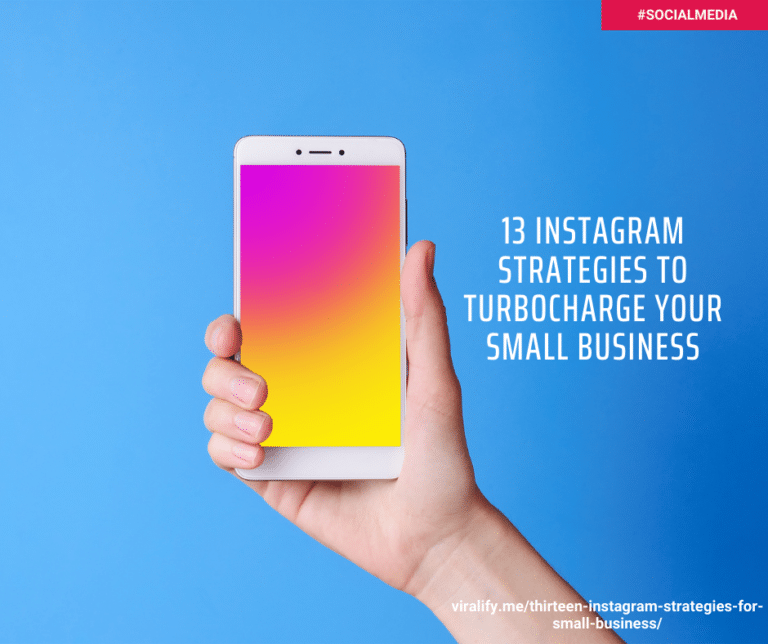Research with consumers is a process designed to help brand managers reduce confusion, indecision, and subjectivity in managing their brand. But as it turns out, there’s a group of consumers destined to keep brand managers perplexed (or tearing out their hair) over their conflicting opinions toward brands.
Brand extension is a great strategy for a parent brand to leverage existing brand equity and stretch to build even greater equity. Think how Cadbury extended their reputation for chocolate into refrigerated and frozen treats and desserts. But brand extension failures can be costly. Just ask the fellows over at Fosters / Carlton United Brewery who manage the VB beer brand. VB Raw was a brand extension designed to capture the low carb beer market in 2009 and has long since disappeared from shelves. Not only does the parent brand have to bear costs associated with research and development of the brand extension, but any potential damage to its own reputation.
Consider reading
The personality dimensions associated with brands are increasingly being used as a means of influencing consumer attitudes and consumption. Brands go to great lengths to build and protect their reputation around these dimensions. For example, if a brand is known for its sophistication, then it is important to assess whether a brand extension will enhance its reputation for sophistication or dilute it. Brands have different stretch potential and with so much equity at stake, no brand manager wants to get that stretch potential wrong so they turn to consumer research to provide insight.
But what happens when the research suggests that a brand extension enhances and dilutes the brand. This conflict may be evident in the views held by different (or even the same) participants in focus groups or different conclusions drawn from qualitative and quantitative research. Frustrating for sure, but according to a group of academics from the University of Washington, City University of New York and New York University, it should be more surprising when it doesn’t happen.
Mathur, Jain and Maheswaran have published a series of research experiments showing how consumer beliefs about human personality play a significant role in brand stretch. According to the wider theoretical literature in social psychology, people’s beliefs about human personality fall into one of two groups:
Human personality is flexible and can change over time (also known as incremental orientation); or Human personality is fixed and does not change over time (also known as entity orientation).
These beliefs still apply when it is a brand (as opposed to a person) under consideration. So in general, when asked to consider brand personality, consumers with an incremental orientation will let a brand stretch further than consumers holding an entity orientation.
Consider Reading
Building on this, Mathur and his colleagues looked more closely at what happened to brand personality impressions for brand extensions with good fit and poor fit. In one study 150 participants considered Cheerios brand extensions into granola bars (good fit) or frozen dinners (poor fit). As would be expected the participants with an incremental orientation altered their impression of the Cheerios brand personality and those with an entity orientation did not. But here’s the interesting thing. The granola bar brand extension was seen to dilute Cheerios’ level of sincerity whereas the frozen dinner was seen to enhance it. Why? The incremental group felt Cheerios would have to put more effort into frozen dinners compared to granola bars where it already had considerable category experience. According to Mathur and colleagues, high amounts of effort involved in change, is something people with an incremental orientation value.
The authors replicated these findings in two more studies involving another 462 participants. Guess brand extensions into watches (good fit) or USBs (poor fit) were assessed for their impacts on sophistication. Then, Timberland brand extensions into camping tents (good fit) or sports drinks (poor fit) were assessed for their impact on ruggedness. In both examples, participants with incremental orientations felt the Guess and Timberland brand personality was enhanced when it extended to a category considered a poor fit.
Consider Reading
Parent brand personality impressions aren’t the only way to assess the feasibility of brand extensions. In the three studies above, participants also gave an overall evaluation of the parent brand in light of the brand extension e.g. bad-good, negative-positive, favourable-unfavourable. This led to another interesting finding. Personality orientation made no difference to these results. Brand extensions with good fit were evaluated positively and extensions with poor fit were evaluated negatively regardless of whether participants thought personality was flexible or fixed. This was despite the incremental group having enhanced impressions of the brand personality for extensions with poor fit.
So there you have it, a group of consumers who see brand personality being enhanced by an extension but saying it’s not a good idea for the brand overall. Conversely, they could also see brand personality being diluted by an extension but say it is a good idea for the brand overall.
The most obvious implication this research has for marketing practice is that brand managers should be cautious when interpreting brand personality measures or brand personification results for brand extensions, particularly if they are contradicting other measures. But might there be another interpretation? To me, differences like this could also be about what people’s heads tell them (overall brand evaluation) versus what their hearts say (brand personality impression). Since, emotion trumps reason when it comes to brand consumption, pursuing a poor fit extension strategy could be successful in strengthening emotional connections with parent brands among a subset of consumers – even though rationally they may disagree with the extension in the first place.
